The above content was raised at the discussion this morning, October 28, within the framework of the 8th Session of the 15th National Assembly on the topic of supervising the implementation of policies and laws on real estate market management and social housing development from 2015 to the end of 2023.
According to delegate Pham Van Hoa, in recent times, the real estate market - especially before the COVID-19 pandemic - has grown strongly in both quantity and quality, with many new urban areas being formed in Ho Chi Minh City and Hanoi. Along with that, many new types of properties such as tourist apartments, resort villas, offices combined with accommodation or high-rise apartments have continuously sprung up.
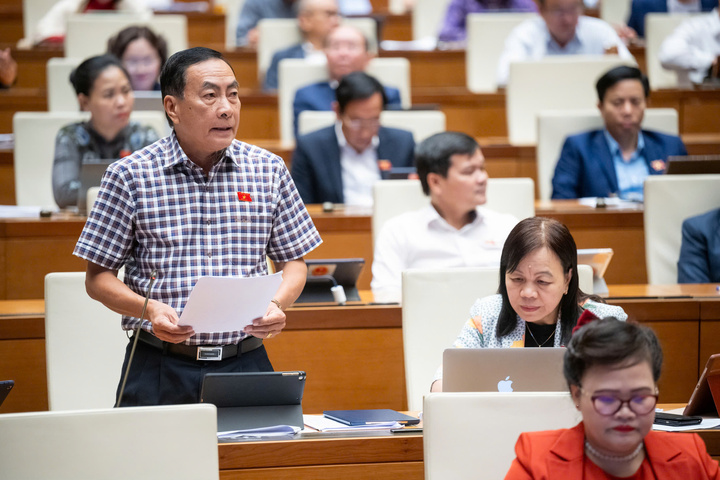
National Assembly Delegate Pham Van Hoa speaks about the real estate market.
However, the consequence is that it creates a fever in land and house prices. The reason is that the demand for housing is not high, but mainly people buy for speculation and rent. " Some people have just bought and then sold for profit, the real estate market is unstable, half real and half fake, difficult to price ," Mr. Hoa commented.
Delegates also assessed that the implementation of investment in building 1 million social housing apartments in the 2021-2030 period has not met requirements, with some localities only initially implementing due to difficulties in budget capital, " mostly from socialized sources, building boarding houses for people to rent by individual households ".
In addition, investors have difficulty accessing land, receiving land use rights transfers, and changing land use purposes due to changes in legal regulations, and slow local land valuation are also reasons for the stagnation of real estate and social housing projects.
Presenting a thematic report on monitoring the management of the real estate market and social housing development from 2015 to the end of 2023, Chairman of the National Assembly's Economic Committee Vu Hong Thanh assessed that in the 2015-2023 period, the real estate market had developed in terms of scale, type, quantity, form of capital mobilization and participating entities.
There are about 800 social housing projects implemented with a scale of 567,042 units; 298 projects have been approved for investment with a scale of 258,188 units. However, the real estate and social housing market still has many shortcomings, inadequacies, unsustainable development, and an imbalance between supply and demand.
In particular, real estate prices are still high compared to the income of the majority of people. Many urban areas are abandoned; mini apartment management has many shortcomings; there is no effective solution to handle and resolve old apartment buildings that do not ensure living conditions for residents; many projects are stuck and slow to be implemented.
In the period of 2022-2023, a large number of real estate projects are still facing difficulties, slow implementation, and stagnation, while the invested resources are very large, causing waste of land and capital, increasing difficulties and costs. From there, increasing product prices.
"Real estate prices have skyrocketed compared to the income growth of the majority of people. In Hanoi and Ho Chi Minh City, there is no longer a segment of apartments with prices suitable for the income of the majority of people," Mr. Thanh emphasized.
In the social housing segment, the supply to the market is far short of demand. Most localities do not meet the set targets for social housing development, on the contrary, some places do not meet demand, leading to a lack of buyers and renters.
According to Mr. Thanh, this wastes resources, negatively affects the macroeconomic development situation, the "health" of real estate enterprises as well as commercial banks. Along with that is an increase in risks for the bond market, a decrease in state budget revenue, and an increase in bad debt.
Source




![[Photo] Prime Minister Pham Minh Chinh attends the Patriotic Emulation Congress of the Ministry of Foreign Affairs for the 2025-2030 period](https://vphoto.vietnam.vn/thumb/1200x675/vietnam/resource/IMAGE/2025/11/10/1762762603245_dsc-1428-jpg.webp)


![[Photo] Prime Minister Pham Minh Chinh attends the annual Vietnam Business Forum](https://vphoto.vietnam.vn/thumb/1200x675/vietnam/resource/IMAGE/2025/11/10/1762780307172_dsc-1710-jpg.webp)




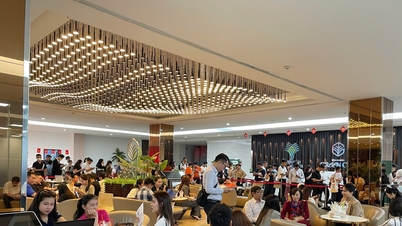



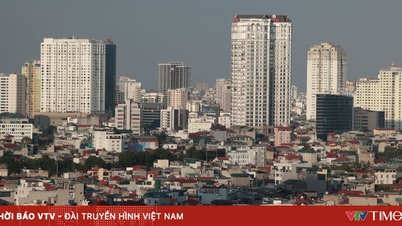
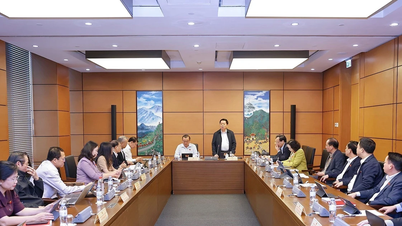





























































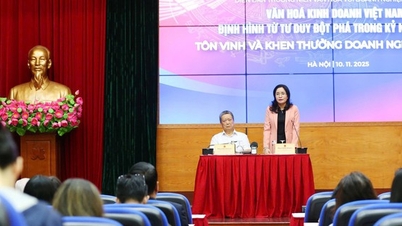





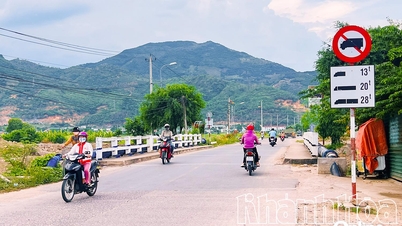







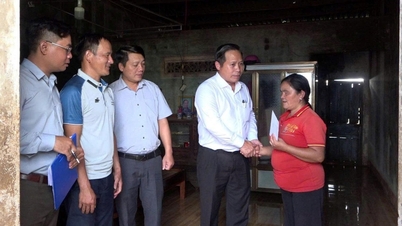


![Dong Nai OCOP transition: [Article 3] Linking tourism with OCOP product consumption](https://vphoto.vietnam.vn/thumb/402x226/vietnam/resource/IMAGE/2025/11/10/1762739199309_1324-2740-7_n-162543_981.jpeg)











Comment (0)